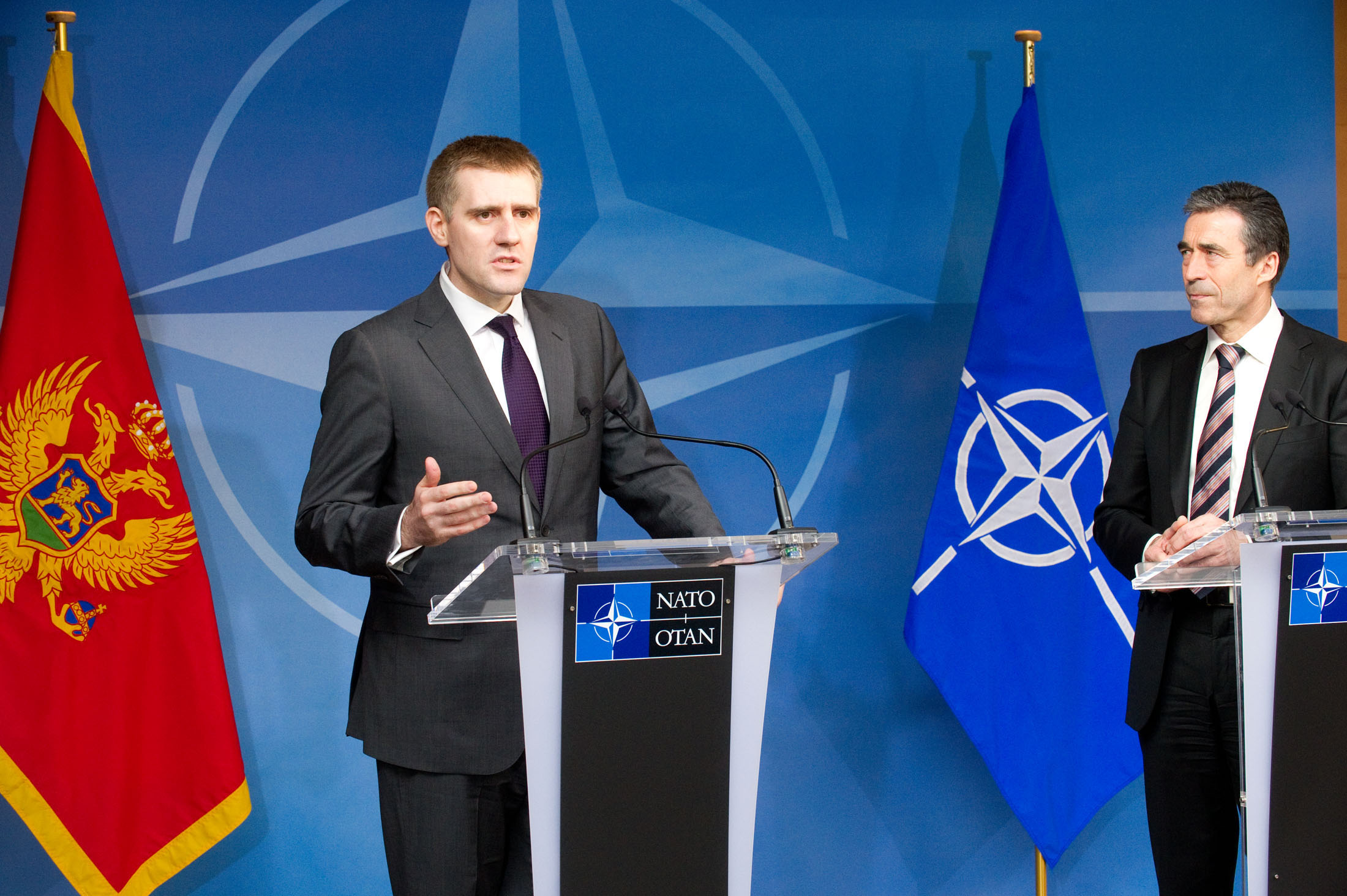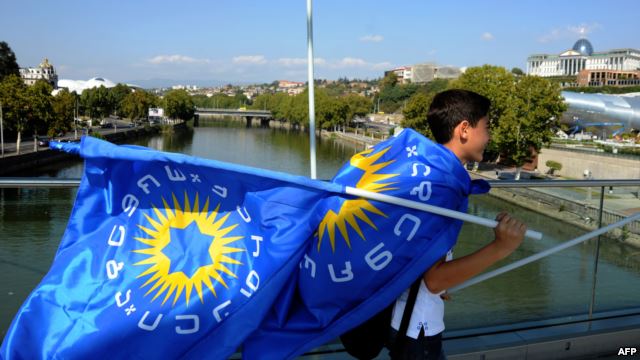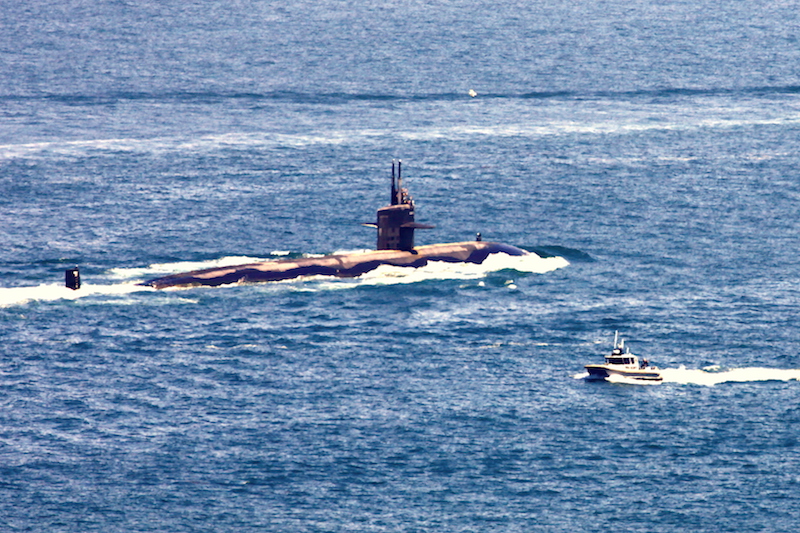The Minister of Defense of Montenegro, Milica Pejanovic-Durisic, recently participated in a meeting in Brussels of the North NATO Council of NATO on national participation in the ISAF mission in Afghanistan. The Minister announced that Montenegro will continue to engage in the Regional Command North in the ISAF mission, and that Montenegro is planning to participate in the post-transition mission after 2014, which will be non-combat in nature and primarily oriented towards training and advising Afghan security forces. Montenegro’s dedication to the mission is clear, given that its participation costs the country about 2.5 million Euros a year which is more than 10 percent of its entire defense budget. Montenegro’s dedication to a NATO-based operation is a strong indication of the country’s desire to gain NATO membership.
[captionpix align=”right” theme=”elegant” width=”300″ imgsrc=”http://natoassociation.ca/wp-content/uploads/2013/07/montleader.jpg” captiontext=”Montenegrin Prime Minister Milo Đukanović.”]
Montenegro has, since 2006, been a member of the NATO Partnership for Peace, which occurred soon after gaining independence from Serbia earlier that same year. In addition, Montenegro is contributing naval officers to anti-piracy operations off the Horn of Africa and has observers deployed to the United Nations missions in Liberia and Cyprus. These actions demonstrate an overall willingness by the Balkan state in contributing to global security.
There has however been some skepticism towards NATO from some officials in the small state. Recently, the Metropolitan of Montenegro Amfilohije made a surprisingly harsh statement on NATO during a consecration ceremony for a renewed church near the town of Kolasin, in northern Montenegro. “What is NATO’s reason of being? What is NATO, if not the Fourth Reich? What is it, if not a continuation of fascism and a desire to rule the whole world.” The Metropolitan’s comments are naturally discouraging, but have been overshadowed with positive comments of NATO from other officials of the Balkan country. In February of this year, the Prime Minister of Montenegro Milo Dukanovic stated that, “The only way of strengthening the stability of the (Western Balkans) is to pursue the NATO integration path.”
While aforementioned actions and the Prime Minister’s statement naturally indicate a desire from Montenegro to join NATO, it also demonstrates the notion that NATO membership would positively contribute towards stabilizing the Western Balkans as a whole. The belief that integration for this tiny Balkan state is mutually beneficial with NATO has equally been posited, as Montenegrin membership in NATO does not bring risk to the security of the alliance. Montenegro already contributes to NATO’s security operations and has good relations with all of its neighbors. It’s incorporation into NATO will in sum greatly benefit Europe’s security and NATO’s open-door policy as a tool for reform, modernization, and democratization for potential countries. Montenegro still has many problems to solve, first and foremost corruption and organized crime, but its NATO candidacy has been received positively from a number of member states, namely Turkey, which has been a strong advocate for Montenegro’s entry into NATO and has acted as a role model to Montenegro.
Local elites in the Balkans and experts generally perceive NATO as a solution to their problems and typically link the issue of membership with that of their countries’ EU candidacies. In their eyes, the relations with and the progress toward the two organisations are vital if the Western Balkans is ever to gain its rightful place in the Euro-Atlantic community. Though this train of thought might be questionable, a positive aspect of NATO is that countries that were enemies only a short time ago, now sit together at a same table and are obliged to share a commitment to the same vision and values. With this notion in mind, one can only understand how the incorporation of Montenegro as a full-fledged member of NATO would only be beneficial to regional salience in the Balkans. The counter-argument to this point is that these new states are more overtly ‘security consumers’ then ‘security providers’, and are not yet ready to be mutually beneficial with NATO. If one does embrace this rational however, then it could equally be argued that all post-1999 entrants to NATO looked more like consumers than providers at the time of their entry. As such, there is no reason why Montenegro’s integration into NATO would be detrimental to any party involved.




